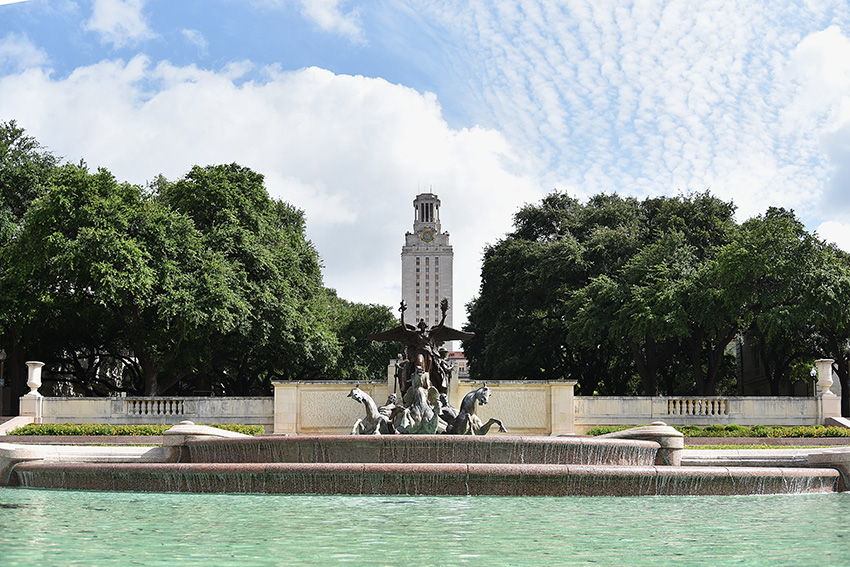Earlier this month, singer Lana Del Rey alleged in a tweet that Radiohead was suing her over similarities between her song “Get Free” and their 1993 hit “Creep.” Radiohead’s publishing company later denied the existence of a lawsuit but confirmed that they had been in discussions with Del Rey’s representatives concerning the two songs since last August.
Disputes like this pop up all the time. Recently, other popular artists such as Sam Smith and Robin Thicke have been subject to similar lawsuits initiated by Tom Petty and the estate of Marvin Gaye, respectively.
Way back in the 1990s, songwriters Albert Hammond and Mike Hazlewood settled out of court with a rising alt-rock group whose debut single allegedly cribbed its chord progression from The Hollies’ 1972 ballad “The Air That I Breathe.” The name of the group was Radiohead. The single in question … was “Creep.”
The problem with lawsuits like these is bigger than any one song or artist. They all presume that the best way to encourage creativity is to punish people who make art that is insufficiently distinct from other art that already exists. Furthermore, they conflate rote copying with the natural reliance on a wide range of sources and influences inevitable to the creative process.
It would be one thing if copyright lawsuits were meant to root out intentional imitation. But they aren’t, as attorney Richard Busch, who won the lawsuit against Thicke for Gaye’s estate, told Billboard: “Intent is not an element to prove copyright infringement, and subconscious copying is nonetheless copying that gives rise to liability.”
So these lawsuits aren’t about preventing intentional copying. They’re about punishing artists for taking inspiration and influence from their predecessors. When you internalize elements of a song and reproduce them ten years later in a completely different context, the law says you’ve committed plagiarism. This results in absurd scenarios such as the one between Radiohead and Del Rey — in which one artist accuses another of plagiarizing a song that they themselves were accused of plagiarizing.
These lawsuits aren’t about encouraging creativity either. In an environment that penalizes “subconscious copying,” no idea is safe. Nobody remembers every song they’ve ever heard, but everyone retains ideas whose sources they forget. Enforcing an unrealistic standard for originality makes artists afraid to act on good ideas. For example, when Paul McCartney came up with the melody for “Yesterday,” he sat on it for a month because he was worried he’d gotten it from somewhere else. It’s not hard to imagine McCartney erring on the side of caution and abandoning the melody — thus robbing the world of a great song.
How many other great songs could lawsuits like this rob from us? We shouldn’t ask that all art be as distinct as possible from everything else. That’s an unreasonable standard, and one that would make the world a poorer place. Instead, we should make it easier for artists to engage in authentic creative expression by contributing something only they can contribute, because it comes from their own unique perspective — or as Del Rey sings on “Get Free,” “crossing the threshold from the ordinary world, to the reveal of my heart.”
Groves is a philosophy junior from Dallas. Follow him on Twitter @samgroves


















